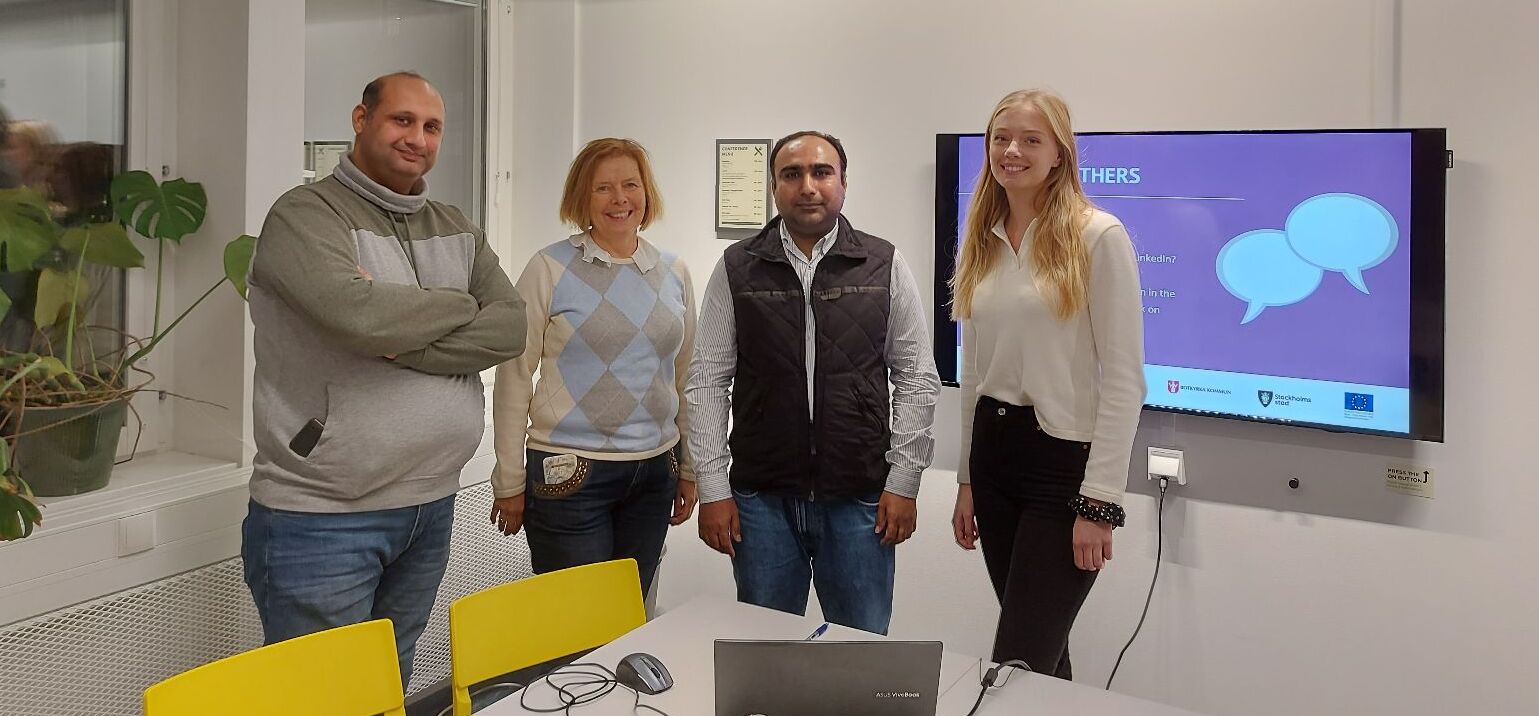Nordic couriers overwhelmingly prefer flexible work

At Wolt we run courier partner surveys every quarter to keep a finger on the pulse of the partners’ satisfaction and evolving preferences. In addition, we asked research agencies in four Nordic countries for the first time to carry out external assessments of how the courier model is understood and whether couriers might prefer employment over self-employment and freelancing.
The external surveys in Finland, Sweden, Denmark and Norway confirmed what courier partners have been telling us directly. Overall they showed a thorough and accurate understanding of what the current courier model involves and how it compares to a potential employment model. Weighing all the pros and cons, courier partners overwhelmingly prefer to work with Wolt as self-employed or freelance partners, rather than being employed.
Around 80% of Wolt courier partners in the Nordics are happy with the flexible model
The agencies surveyed a little over 2 100 Wolt courier partners. Between 70 and 90 percent of respondents (phrasing and figures vary slightly per country) indicated they are fairly or very satisfied with their partnership with Wolt. Around 80 percent is happy with the current courier model, while between 15 and 20 percent would prefer permanent employment.

Wolt courier partners in the Nordics appreciate the flexibility, independence, and self-determination. They can decide when to accept tasks and how long to stay online.
Most couriers have other income, too
Interestingly, their understanding of the different models, as well as their levels of satisfaction, their preference for independence, and their reasons to prefer the current model were rather similar across the four countries.
For a minority of these courier partners, working for Wolt is their main or even only source of income. People who are more likely to favour employment are predominantly those who find it most challenging to pursue other opportunities.
However, most of the respondents don’t seem to feel that their livelihood depends on Wolt. Many have additional sources of income – from other work, government support for housing or study, or private sources.
This echoes a pan-European survey of more than 16 thousand couriers, working for a variety of food delivery platforms.
They’re in it for the flexibility – 70 % would not give it up flexibility for higher earnings
According to that study, delivery work is a complementary activity for 72 percent of couriers. It also observed that for two-thirds of the respondents, flexibility is the main reason for working as a courier, and that more than half would seek flexible work elsewhere or start a business themselves if delivery work was not a possibility.

Source: The Value of Flexible Work for Local Delivery Couriers, Copenhagen Economics (November 2021).
Almost 70 percent of respondents would not give up flexibility for fixed schedules even if this hypothetically meant at least 15 percent more income. (In fact, income is more likely to be lower in an employment model than in the current partnership model.)
I can, myself, decide that hey, I’ll work this Friday from 7pm to 9pm or from 7pm until midnight if it’s summer. Or you can work on Saturday morning or decide to work in the evening instead. You have the full sovereignty over it. And you can work for 15 hours or just for one hour. There are not that many jobs that allow you to do the same.
– A courier partner from Turku, Finland
The European-wide study concluded that, if the flexible work model was to be abandoned, couriers would have fewer opportunities and lower earnings. 75 thousand couriers in Europe could be entirely discouraged from the workforce, and up to 800 million euros in earnings for these workers would be at stake.
The right model for their current lifestyle
Wolt courier partners in the Nordics appreciate the flexibility, independence, and self-determination. They can decide when to accept tasks and how long to stay online. Nobody is watching over their shoulders or rating their performance. They can set earnings targets for themselves and allocate their time accordingly – within the limits of their bandwidth, of course.
This is not to say that these people would never enjoy a salary job. It’s more like, at this phase in their lives, the freedom and income that comes with being a self-employed or freelance courier outweighs the prospect of security that would come with fixed employment.
76 percent of respondents in Sweden agree somewhat or fully with a statement to that effect. 68 percent of respondents in Sweden agree somewhat or fully with the statement: “My work as a courier partner via Wolt makes it easier to apply for and get other jobs in the future.”
Working as a Wolt courier partner allows me to make the most of my time. That’s why I’m actively choosing to be a self-employed bike courier as my main (or rather secure) income stream to supplement my other business earnings instead of having a regular daytime job.
– A courier partner from Copenhagen, Denmark.
Employment could be a deal breaker
The couriers are generally aware that in the current set-up, they have more administrative overhead to take care of, such as arranging health insurance, pension insurance or savings, VAT accounting, as well as taking care of their own vehicles. They also understand that they don’t necessarily have the benefits of paid sick leave and paid holidays. Luckily in the Nordics, entrepreneurs are also covered by universal social security systems in many cases.
Many use invoicing services, to take care of some of the bureaucracy, such as tax withholding and social contributions.
To some of the respondents, the idea of having fixed shifts assigned to them, or having to negotiate about them with a manager, and having their potential earnings capped would be enough reason to consider giving up courier work altogether.
A pathway to economic and social inclusion
A significant portion of couriers have come to the Nordics from other countries. Many are highly educated or currently studying. However, jobs that don’t require local language skills are under-supplied. Since Wolt does not require fluency in the local language, for many couriers this provides a pathway towards participation in the Nordic job markets and societies in general.

Two Swedish courier partners with their mentors from Nema Problema
At Wolt we like to think of this as an opportunity to help people succeed economically and socially. As a case in point, in Sweden we have successfully partnered with a non-profit organisation called Nema Problema, to run a mentoring programme that supports couriers in applying for positions in the local job market. Among the survey respondents in Sweden, 60 percent have or are studying to receive a university degree. 84 percent were born outside of the EU and only 25 percent speak Swedish.




